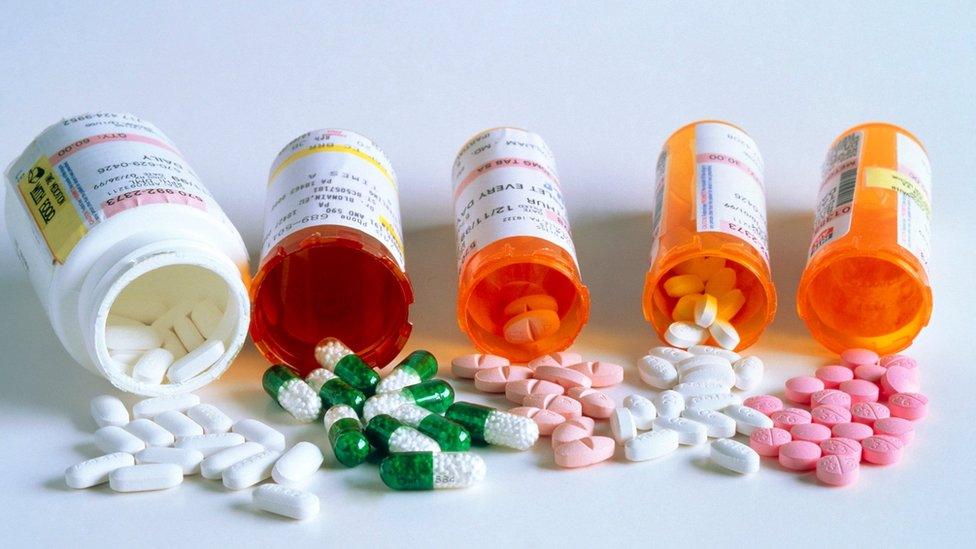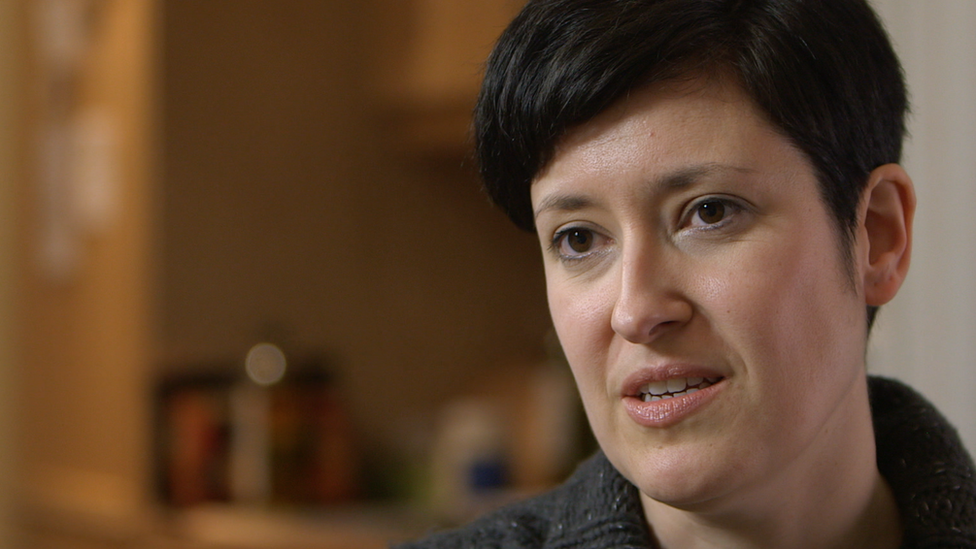Drug industry to challenge Nice over new cost limits
- Published

The drug industry is going to court to challenge the authority of the National Institute for Health and Care Excellence (Nice).
The public body authorises spending by the NHS on expensive new treatments.
In March it announced a new policy to hold back spending on new drugs that might cost more than £20m a year in any of their first three years of use.
Now, the Association of the British Pharmaceutical Industry (ABPI) will challenge this via a Judicial Review.
The ABPI's chief executive, Mike Thompson, said: "These new arrangements will delay access to cost-effective medicines and deny treatments to patients suffering from rare diseases."
"After many months of raising concerns with Nice, NHS England and the Department of Health and offering to work constructively on alternative proposals, we have applied to formally challenge these proposals in court," he said.
"We hope that the government will reverse the changes and work with us to find a solution that works for everyone," he added.

Nice said it had no comment to make yet on the threat of a legal challenge.
But in April it explained that the point of the new system was not to place an absolute cap on spending on any new drug, but to stop new drugs suddenly hoovering up large chunks of the NHS budget to the detriment of other health services such as general practice or psychiatry.
"When the impact on budgets is very high, it makes sense for special arrangements to be put in place so that the NHS can manage the introduction of new drugs in a way that doesn't impact unfairly on other services," Nice said at the time.
The new system therefore allows for Nice and NHS England to negotiate with drug companies to persuade them to drop the cost of their new medicines if they look likely to breach the initial £20m-a-year limit.
If agreement cannot be reached, then the use of the new medicine will be phased in by the NHS in England - potentially over three years - instead of being made universally available for doctors to prescribe within the normal 90 days of the drug's formal introduction.
The ABPI said the new approach would affect one-in-five of all new approved medicines.
The trade body described the way Nice assessed drugs for very rare diseases as "inappropriate and unworkable" and wants the policy reversed.
- Published28 April 2017
- Published15 March 2017

- Published16 January 2017

- Published25 January 2015